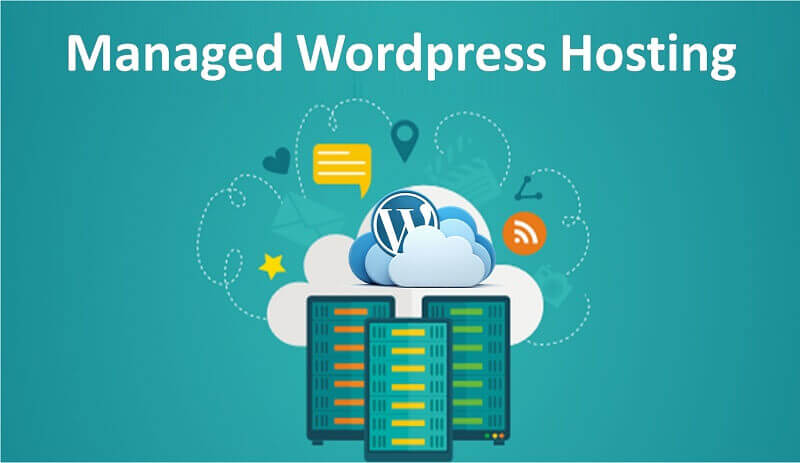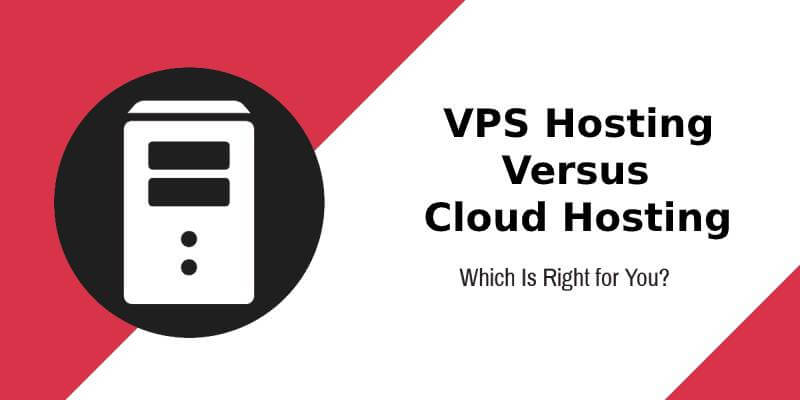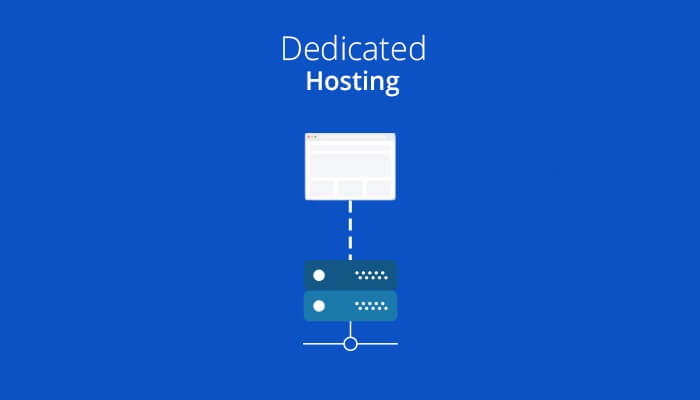When looking into different hosting solutions for your website, you surely wondered what managed WordPress hosting is. Does it cost more than regular hosting? What are the advantages and downsides of choosing WordPress as your hosting service?
Today, we are looking into these topics and try to provide you with clear and effective answers. Read on to discover how managed WordPress hosting works, and if it is the right hosting solution for you!
Managed WordPress Hosting Explained
Managed WordPress hosting is a service that has bespoke features and optimization for WordPress websites.
If you have designed your site using WordPress, then this kind of hosting should make general site management more convenient. It should also ensure that the security and the speed of your WordPress website run at a higher level than usual.
How does Managed WordPress Hosting work?
If you are new to website hosting, you should know that there are three types of hosting solutions that you can choose from for your site, and they include:
- Shared Hosting – a cheap option that allows you to share server resources with other sites
- Virtual Private Hosting (VPS) – an average option that gives you private space and resources on a server
- Dedicated Hosting – an expensive option that rewards your site with the entire resources and storage space of a server
All of these hosting solutions can be “managed” or “unmanaged.” The latter means that you are responsible for maintaining your website and ensuring its security. Managed hosting is a paid-for-option that ensures site management by the hosting provider.
In our case, WordPress hosting is a service that gives managerial powers to the provider to perform many common higher-level tasks on your server, for example, website backups.
What are the Managed WordPress Hosting features?
When you choose managed WordPress hosting, you take a hands-off approach to the management of your website. It is a good choice, especially if you are less tech-savvy, and you want your hosting provider to ensure regular tasks and features, such as:
- Server-level caching
- Automated regular website backups
- Core WordPress updates
- Website migrations
- Malware scanning
- Creation of staging sites
- On-demand WordPress-specific one-click backups
When you don’t know much about website hosting, these tasks can be very time-consuming. Delegating them to a third party gives you more time and energy to focus on other aspects of your site, like content creation, graphic design, advertising, and layout management.
The Benefits of Hosting
Like every hosting solution, WordPress hosting comes with good parts and a few negative aspects. Here are the benefits of choosing this service:
- This takes care of updates for you and creates frequent backups of your website
- This scans your site for security threats
- This handles performance optimization
- This ensures better caching
- It configures your server to meet your needs
- It provides lots of support options to answer your questions
The downsides of Hosting
- This is more expensive than unmanaged hosting plans
- It gives you less control over site management
- This only benefits WordPress sites
- It doesn’t allow you to install third-party plugins
Read Also – What is VPS Hosting?






